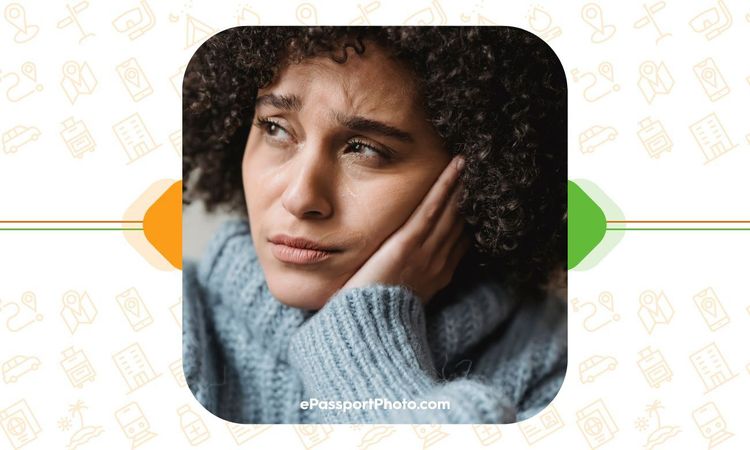Passport Seizure: What You Need to Know
September 8, 2016 /

You probably watched some coverage on the somewhat infamousSummer Olympics in Rio-It didn’t just set records in swimming and weightlifting but perhaps also in number of passport seizures during the games!
Of course, the most publicized passport seizures occurred after multiple US olympic swimmers (yes, including Ryan Lochte), did some college-style property damage a Brazilian gas station after a night of olympic-proportion drinking.
As the relentless media frenzy ensues, it makes sense to start asking questions!
So, what exactly is a passport seizure? Who has the authority to seize a passport? And, of course, why?
This ominous term refers to the act of a passport being confiscated by a government-authorized official so that the passport holder cannot exit or enter a territory/country. Additionally, passports may be seized by foreign governments if the subject is accused of committing a crime in the midst of traveling internationally.
In extreme cases, passports can also be lawfully seized by the government of issue while the holder is at home in order to prevent flight out of the country (awaiting trial, criminal investigation, etc…). Certain countries have even been known to seize passports for political reasons, including preventing protesters and journalists alike from leaving the country (pretty messed up, eh)?
You should know that passport seizures are commonly temporary and the aforementioned process is not the same as cancelation or revocation.
It’s incredibly important to note that outside the US, the physical seizure of passports is usually the work of police officers and furthermore, the order to seize the passport could come from branches of the country’s government and is frequently ordered by a judge, or some other member of the judicial branch.
Be sure to message us at ePassportPhoto to get quick guidance from our representatives!